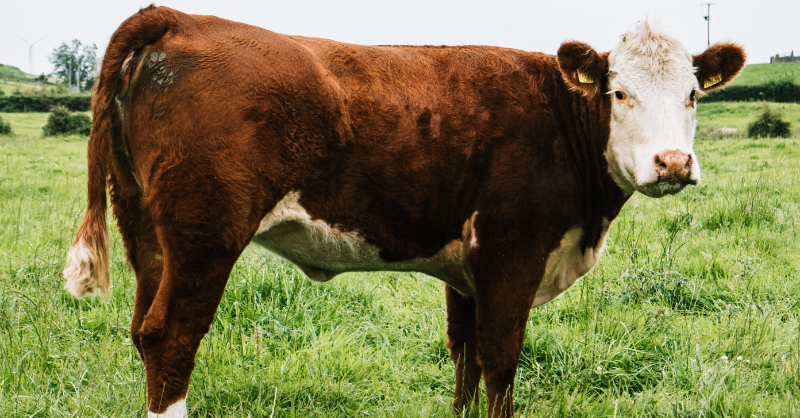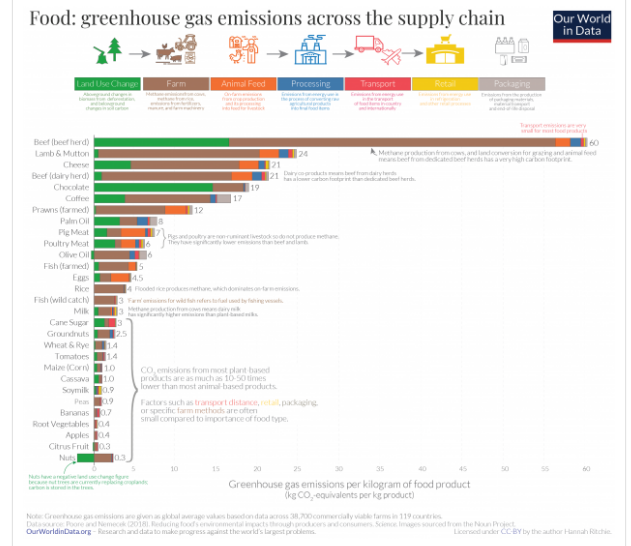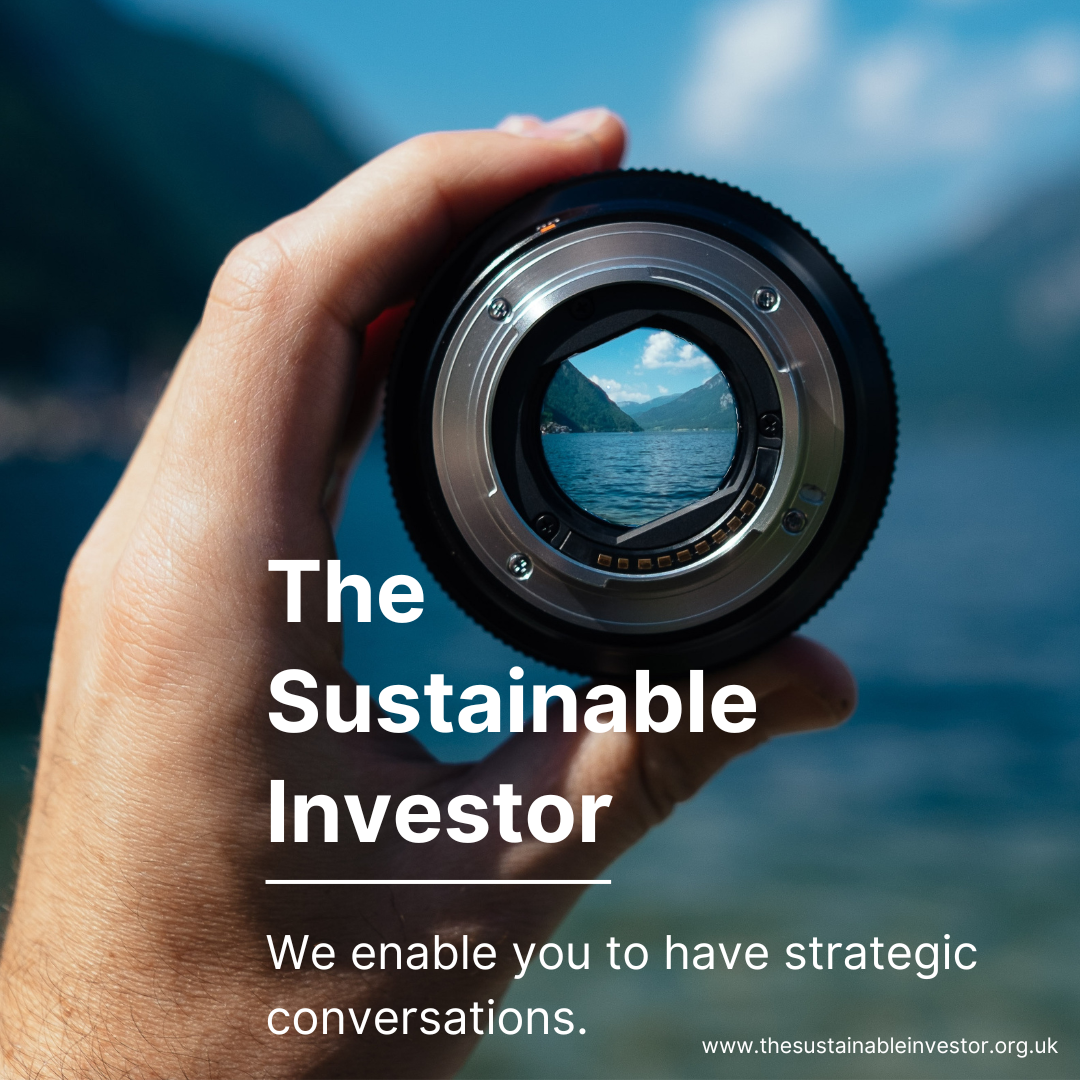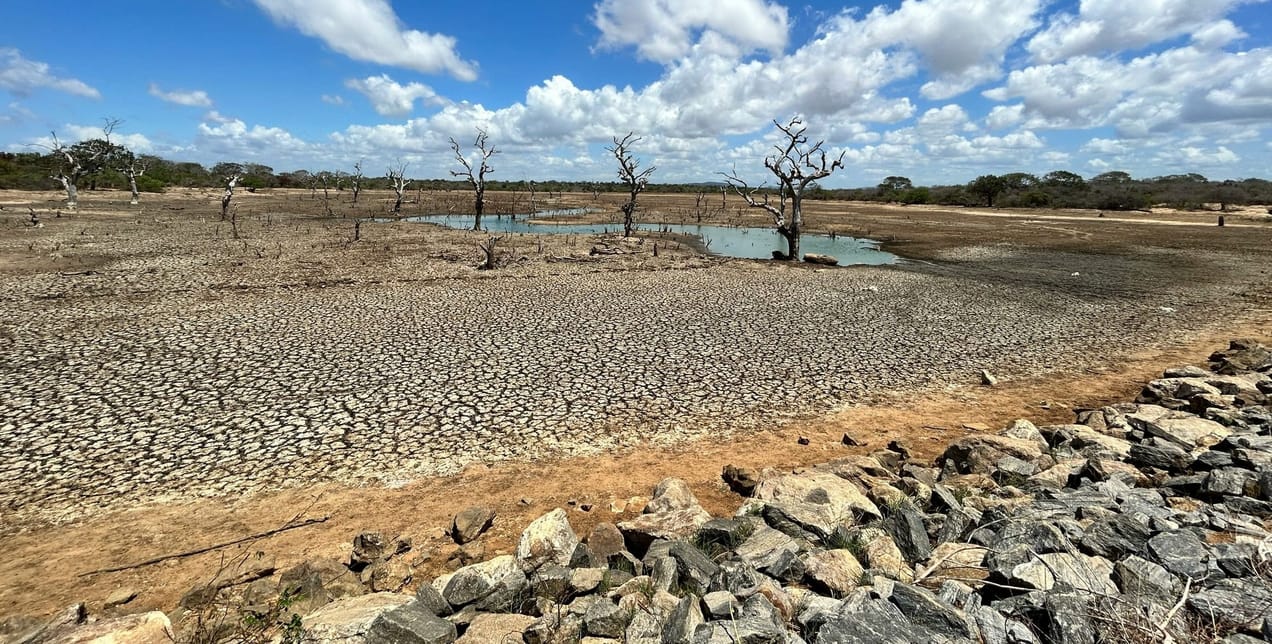
Is veganuary a good move?
Going Vegan for January has become a thing in many countries, and a big thing. But, we need to be careful not to over extrapolate this trend, ie assuming this is "obviously" good for say plant based meats.
Summary: Going Vegan for January has become a thing in many countries, and a big thing. Obviously being a vegan or vegetarian is already common in many parts of the world, often (but not always) for religious reasons. There are a number of benefits of a vegan diet, but there are also potential pitfalls. And, we need to be careful not to over extrapolate this trend, i.e. assuming this is "obviously" good for say plant based meats.
Why this is important: Huge uptake of vegan diets provides competitive opportunities for food and beverage manufacturers, the hospitality and supplements industries.
The big theme: Our food production is estimated to be responsible for roughly 25% of the world's green house gas emissions. Of this just over half comes from livestock farming, counting their direct emissions, the crops grown to feed them, and the associated land use. So, cutting the amount of meat we consume should, all other things being equal, lead to lower sector emissions. And the easier wins are from beef and lamb. But, its not always that simple, as we have to also think about other issues such as adequate diet, land preservation, rural economies, over processing of food and the hardest one, how do we change human behaviour?

The details
Summary of a story from The Conversation
Veganuary is upon us again, with thousands of people around the world giving up animal products for the month of January. The movement, which encourages people to follow a vegan lifestyle, started in 2014 and has grown rapidly since, with 629,000 people from 228 countries taking part last year.
When it comes to vegetarianism and veganism, the basic principles are similar, both involve eating plant-based food for environmental, ethical, health or religious reasons. But while vegetarians mainly just exclude meat, vegans follow a much more restrictive diet excluding all animal products as well as any animal-derived foods such as milk, eggs and honey. Both need some thought, as there are dietary pro's and cons'.
Let's look at why this is important...
Why this is important
Lets start with the personal issues around turning vegan (or vegetarian). I am avoiding any religious or values based motivations, they are for the individual to decide. Here, its just about health, and more specifically, what it might mean for food demand, and its environmental impacts and emissions.
As the article points out, poorly planned vegan diets may not provide enough niacin, riboflavin (vitamin B2), vitamin D, calcium, iodine, selenium, vitamin B12, omega-3 or zinc, all of which are important for maintaining good health. These issues are also discussed at length in a recent book from Jayne Buxton (ignore the title "the great plant based con", its not representative of the contents of the book).
Ok - so having made those caveats, switching to plant based foods over meat, especially beef and lamb, should be good for reducing the impacts of agriculture on our environment, and be popular with consumers. On the first point, the chart below from our favourite data source (Our World in Data) clearly shows how much higher GHG emissions from beef and lamb are compared with plants.

Before we move on to the popularity or otherwise of plant based foods with consumers, its important to flag that this is only part of the total picture. What are some of the other issues we need to consider (most of which we have written on in the past)? First up, livestock farming can be really important for rural economies. And making rapid changes to agricultural practices brings material risks for farmers. Plus there are approaches that can reduce the environmental impact of meat and diary production - with good examples from countries such as New Zealand and The Netherlands.
And some land is unsuitable for crops, so we need to factor in the benefits of having livestock gazing the land. And finally, not all crops are perfect. We have issues around fertiliser and pesticide use, plus growing rice (for instance) has environmental issues that we should think about. As with most transitions, the answer is - its complicated.
So - onto popularity with consumers. As the FAO 2022 Statistical Pocket Book shows, world production of crops continues to rise. And vegetables and fruit are making up a growing proportion (now 22% of global production), with cereals and sugar crops becoming slightly less important.
But, as the fine people at Inside Climate News recently reported - "sales of plant-based meat products—which imitate the taste and feel of meat without using animals—took a dive in 2022. That drop has prompted some major media outlets to conclude that the burgeoning billion-dollar industry, which has been touted as a solution to the agriculture sector’s outsized climate footprint, was merely a “fad” that has run its course".
Discussing why this might be (is it worries around over processing, is it just price, or is it the economy?) is a topic in its own right. All we can do in Perspectives is flag the issues we think you need to be aware of, and then dig down into them in more detail in a Long Blog (and yes, there is one coming on this topic).
Something a little more bespoke?
Get in touch if there is a particular topic you would like us to write on. Just for you.
Contact us
Please read: important legal stuff.

